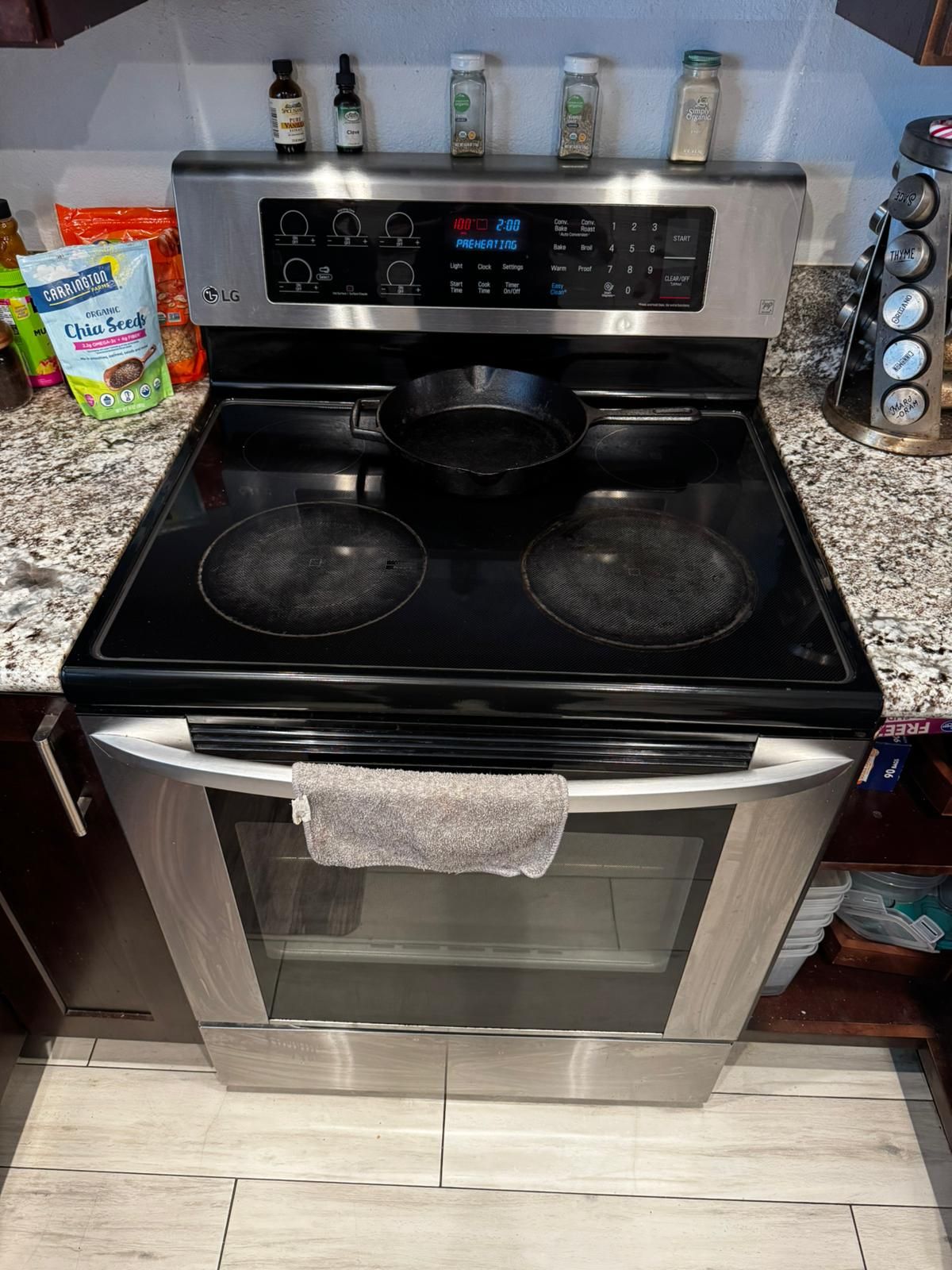Induction hobs are a modern and efficient cooking solution, offering quick heating and precise temperature control. However, if your induction hob starts making unusual noises, it can be both annoying and concerning. Understanding the possible causes behind these sounds can help you determine whether they are normal or if your appliance needs professional attention.
Common Noises from Induction Hobs and Their Causes
1. Buzzing or Humming Sounds
One of the most common noises an induction hob makes is a buzzing or humming sound. This is typically caused by the electromagnetic field interacting with your cookware. Factors that influence this sound include:
- Cookware Material – Thin or lightweight pots and pans can vibrate due to the powerful electromagnetic waves. Cast iron or heavier stainless steel cookware tends to produce less noise.
- Cooking Power Levels – Higher power settings generate stronger magnetic fields, which can lead to louder buzzing. Lowering the power might reduce the noise.
- Uneven or Poorly Fitted Cookware – If the bottom of the pan is not completely flat or does not fully contact the hob surface, it may cause vibrations that lead to buzzing sounds.
2. Clicking or Ticking Noises
Clicking sounds can occur for several reasons, some of which are normal, while others may indicate a problem.
- Power Cycling – Induction hobs often cycle power on and off to maintain temperature, which can result in periodic clicking sounds.
- Expansion and Contraction – When cookware heats up or cools down, the metal expands and contracts, creating ticking noises.
- Electrical Components – Internal electrical parts such as relays or switches may produce clicking sounds as they operate. If the noise is excessive or happens constantly, it could signal a malfunction.
3. Whistling or High-Pitched Noises
A high-pitched whistling sound is another common issue that can stem from:
- Cookware Construction – Some pans with multiple layers of metal can create resonance, causing a whistling sound when placed on the induction hob.
- Overheating or Excessive Power Use – Running the hob at very high temperatures for long periods may cause certain components to emit a high-pitched noise.
4. Fan Noise
Induction hobs have built-in cooling fans to prevent overheating. The fan may continue running after cooking to help cool down internal components. However, if the fan becomes excessively loud or makes a rattling sound, it could indicate a blockage, loose part, or an issue with the motor.
5. Crackling or Popping Sounds
If you hear crackling or popping sounds while using your induction hob, consider the following possibilities:
- Moisture on the Cookware – Water droplets trapped between the pan and the hob surface can cause small popping noises. Always dry the base of your cookware before use.
- Food Residue – If food spills onto the hob, it may heat up and cause crackling sounds. Regular cleaning can prevent this.
- Internal Electrical Issues – If the crackling is coming from inside the hob and not from cookware, there could be a wiring issue or a damaged component. This requires immediate professional attention.
When to Call for Professional Help
While some induction hob noises are completely normal, others might indicate a need for repair. Contact a professional if:
- The noise is unusually loud or persistent.
- You notice a burning smell along with the noise.
- The hob stops working properly, fails to heat, or shuts off unexpectedly.
- The cooling fan is excessively loud or not functioning at all.
Ignoring potential problems can lead to further damage and costly repairs.
Get Professional Repair Services from HOME APPLIANCE SERVICE CENTER
If your induction hob is making unusual noises and you’re unsure about the cause, it’s best to have it checked by professionals. At HOME APPLIANCE SERVICE CENTER, our experienced technicians can diagnose and fix the issue efficiently. Contact us today to schedule a repair and ensure your hob operates quietly and efficiently!
Contact us
 619-928-5000
619-928-5000  Request Service
Request Service 
